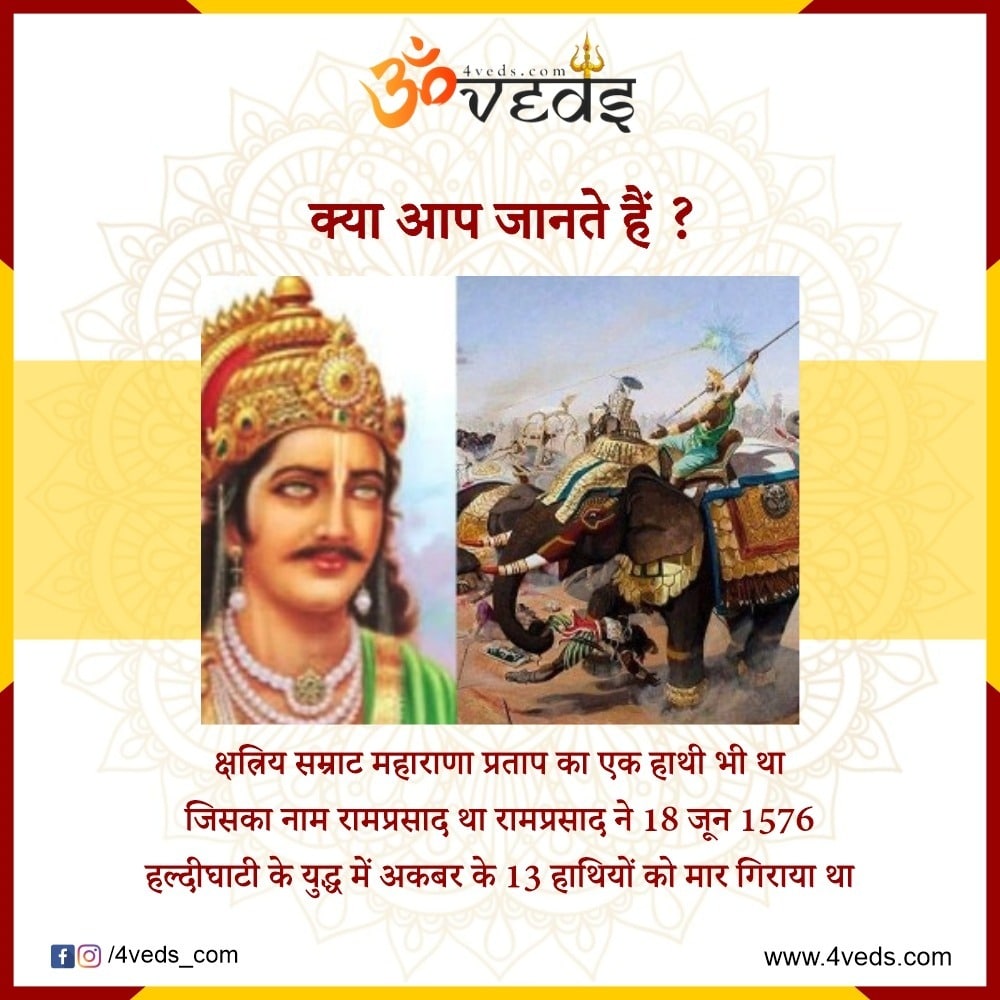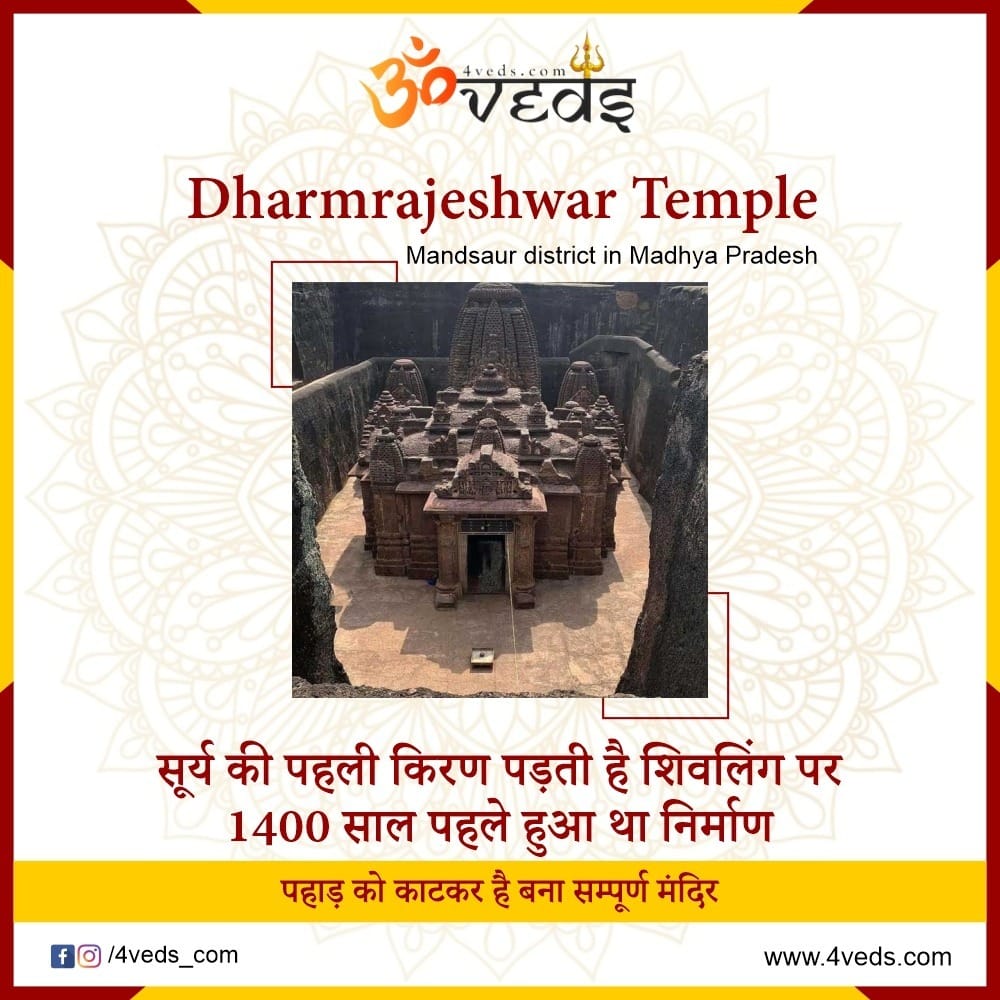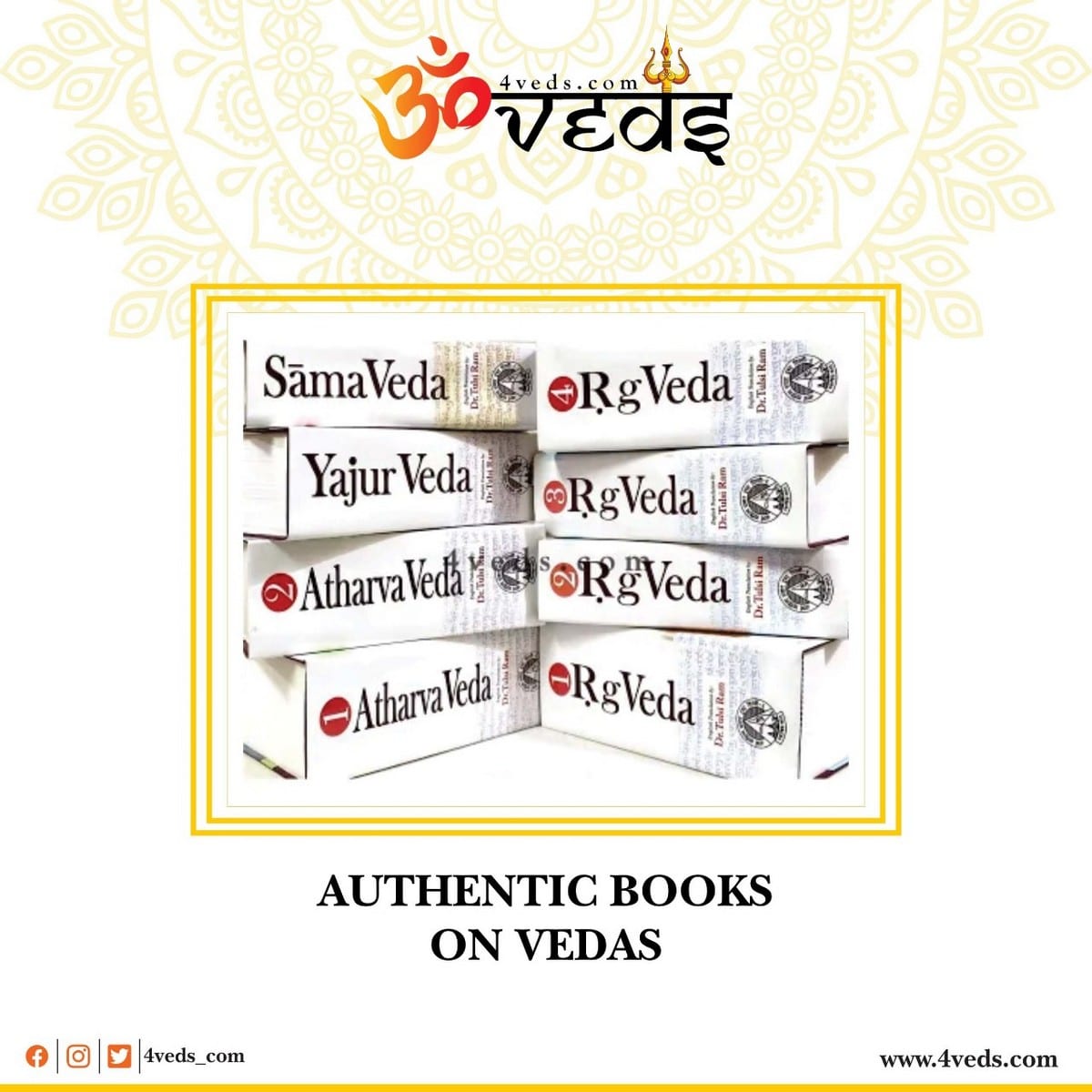There are four Vedas, known as the Rig Veda, the Yajur Veda, the Sama Veda, and the Atharva Veda. The Vedas show the three ways to salvation. The authentic books on the Vedas by Athravna Veda Tell you the principles of Life. These ways are jnana (knowledge), bhakti (devotion), and karma (action). Sanskrit is an old and traditional language of India, where at some point the first book in the world, the Rigveda, was assembled. The Vedas are dated by various researchers from 6500 B.C. to 1500 B.C.
Importance of reading Vedic books
The Sanskrit language probably developed its expressive ability before that. The Vedas allude to the total assemblage of shruti. The Samhitas is an overall term alluding to the Vedic melodies and sections. Murari Das composes: The strict considered Hinduism is revered in the Vedas and is better assigned as Sanatana Dharma or everlasting occupation.
The Rig Veda is related to the way of knowledge, the Yajur Veda with the way of activity, and the Sama Veda with the way of dedication. A genuine attempt has been made in this book to make sense of the substance of the Vedas in simple-to-follow language. As per custom, the Atharva Veda was chiefly made by two gatherings out of rishis known as the Atharvanas and the Angirasa, consequently, its most seasoned name is Ātharvāṅgirasa. In the Late Vedic Gopatha Brahmana, it is ascribed to the Bhrigu and Angirasa.


Vedic writing is extensively isolated into two classifications viz. Shruti and Smriti. Shruti is “what has been heard” and is standard, comprising of disclosure and obvious truth, and is thought of as everlasting. Shruti depicts the hallowed texts involving the focal group of Hinduism.
Bhagavadgita was not a piece of Vedas. Vedas have a place in the Vedic period i.e Satya yuga (before Treta and Dwapara yuga) and Bhagavadgita has a place with Dwapara yuga. Vedas are information communicated from age to cutting edge by overhearing people’s conversations. All such information was assembled and composed by Veda Vyasa in Dwapara Yuga.


Explore other books on Vedas online.



